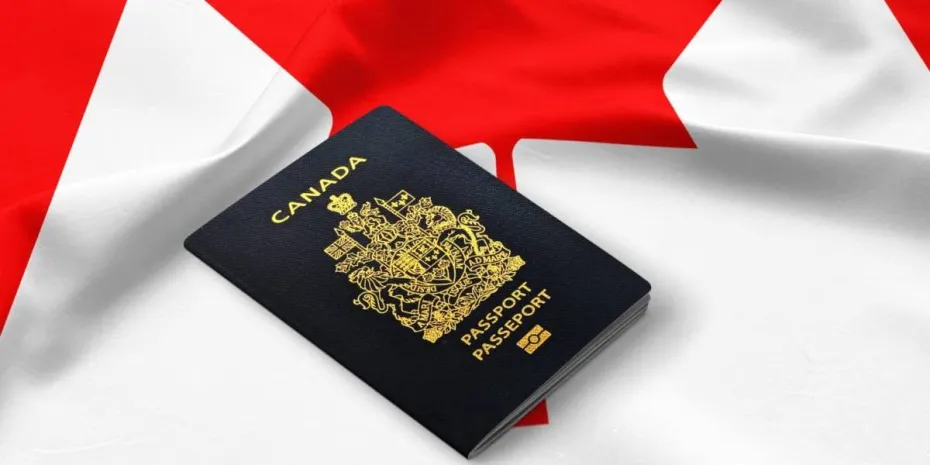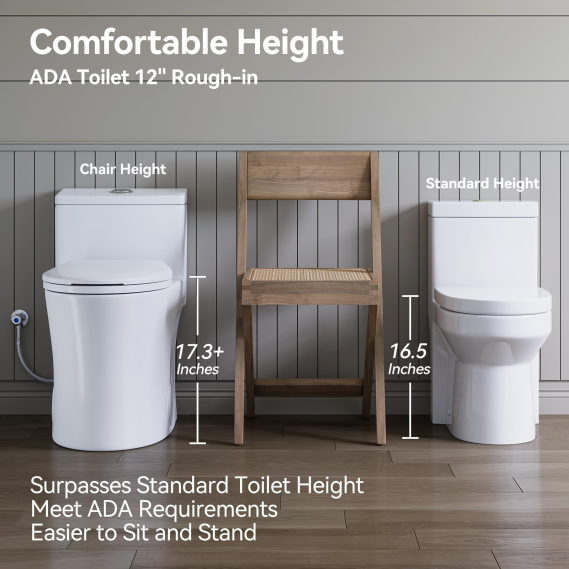Canada has always been one of the top destinations for immigrants, professionals, and students alike. From the bustling streets of Toronto to the scenic mountains near Vancouver, the lifestyle here is diverse, dynamic, and often shaped by the province you choose to live in. But moving to Canada isn’t just about packing your bags—it’s about understanding housing, the cost of living, healthcare, local culture, and practical aspects like car insurance and taxes.
According to Statistics Canada, the population of newcomers has been steadily increasing, with over 450,000 immigrants settling annually in 2025. This means more competition for housing in major cities, and a growing demand for lifestyle guidance. Whether you’re a PR (Permanent Resident), student, or tech professional, this guide will give you a full picture of what living in Canada entails.
Real Estate Market in Canada
The Canadian real estate market is one of the most talked-about topics for both locals and newcomers. Prices vary significantly between provinces and cities.
1. Toronto (Ontario)
Toronto remains the most expensive city for real estate. The average price for a condo in downtown Toronto is around CAD $750,000, while detached homes in suburban areas like Mississauga or Brampton average CAD $1.2 million. Renting a 1-bedroom apartment downtown can cost between CAD $2,000–$2,500/month.
Tip: Many newcomers choose shared apartments or renting in suburbs to balance cost and lifestyle.
2. Vancouver (British Columbia)
Vancouver consistently ranks as one of the priciest cities in North America. Detached homes can easily surpass CAD $1.8 million, while condos are around CAD $800,000. Neighborhoods like Burnaby and Richmond offer slightly more affordable options.
Lifestyle insight: Vancouver offers unmatched access to outdoor activities—hiking, skiing, and ocean sports—which makes it worth the higher living cost for those prioritizing wellness and recreation.
3. Calgary (Alberta)
Calgary’s real estate is more affordable. Detached homes average CAD $600,000, and condos around CAD $350,000. With lower property taxes and no provincial sales tax, Alberta is a favorite for families and newcomers seeking better cost-to-living balance.
4. Montreal (Quebec)
Montreal combines affordability with culture. Average condo prices hover around CAD $450,000, and rentals for a 1-bedroom apartment are about CAD $1,300/month. Quebec also offers tax incentives for first-time homeowners, which can be a huge help for new immigrants.
Cost of Living Across Canada
Living in Canada requires careful budgeting. Costs include housing, groceries, utilities, transportation, and healthcare.
| City | Rent (1-BR apt) | Monthly Groceries | Transportation | Average Utilities |
|---|---|---|---|---|
| Toronto | CAD $2,200 | CAD $400 | CAD $150 | CAD $120 |
| Vancouver | CAD $2,000 | CAD $450 | CAD $120 | CAD $110 |
| Calgary | CAD $1,400 | CAD $350 | CAD $100 | CAD $90 |
| Montreal | CAD $1,300 | CAD $320 | CAD $90 | CAD $80 |
Human tip: Costs may fluctuate depending on the season, exchange rates, and local economic factors. Always check updated data on Canada.ca or Numbeo before making big decisions.
Neighborhoods & Lifestyle
Canada offers diverse neighborhoods catering to different lifestyles:
Toronto: Downtown is ideal for professionals, while North York and Scarborough offer family-friendly communities.
Vancouver: Kitsilano and Yaletown are trendy and active, while Burnaby offers a quieter suburban feel.
Calgary: Beltline is great for young professionals, whereas areas like Tuscany and Aspen Woods are perfect for families.
Montreal: Plateau-Mont-Royal is artsy and lively, while West Island offers peace and green spaces.
Lifestyle in Canada emphasizes work-life balance. Many Canadians enjoy weekend outdoor activities, cycling, hiking, and community events. Cities like Vancouver and Montreal offer easy access to parks, beaches, and cultural festivals.
Healthcare & Insurance
Canada’s public healthcare system covers most essential medical services. However, there are nuances depending on your province:
Ontario: OHIP covers basic healthcare. Prescription drugs may require private insurance.
British Columbia: MSP provides coverage, but wait times for specialists can be long.
Alberta: Alberta Health Care Insurance Plan (AHCIP) covers most, but some elective procedures are not included.
Quebec: RAMQ provides universal healthcare, but newcomers must register within 3 months of arrival.
Pro tip: New immigrants should purchase supplementary private health insurance for dental, vision, and prescription coverage, especially in the first months.
Transportation & Car Ownership
Transportation options differ by city:
Toronto & Montreal: Public transit is extensive. Subways, buses, and trains make commuting easy.
Vancouver: SkyTrain and buses cover most areas. Many locals bike to work.
Calgary: While public transport exists, owning a car is common.
Buying a car in Canada requires insurance, registration, and understanding provincial regulations. Average car insurance for newcomers can be high—around CAD $1,500–$2,000/year, depending on age, location, and driving history.
Employment & Tech Jobs
Canada has a booming job market, especially in tech, healthcare, and finance. Toronto and Vancouver are tech hubs, while Calgary has energy sector opportunities.
For newcomers on PR, it’s vital to research:
Job market trends by city
Required certifications or Canadian experience
Networking opportunities via LinkedIn or local meetups
Personal insight: Many newcomers underestimate the importance of soft skills and networking in Canadian workplaces. Even with excellent technical skills, building a local network can dramatically increase job prospects.
Food & Culture
Canada is a melting pot of cultures, and food reflects this diversity:
Toronto: Diverse cuisines including Indian, Chinese, Middle Eastern
Vancouver: Seafood-focused and Asian fusion
Calgary: Mix of Canadian comfort food and global influences
Montreal: French-inspired cuisine with bagels and smoked meat specialties
Nutrition and healthy eating trends are on the rise. Farmers’ markets, local produce, and organic grocery stores are popular in most provinces.
Tips for New Immigrants
PR & Residency: Apply for provincial nominee programs (PNPs) if you want faster settlement in cities like Toronto or Calgary.
Banking & Finances: Open a Canadian bank account immediately; RBC, TD, and BMO offer newcomer-friendly packages.
Networking: Join local community groups or professional organizations.
Housing: Renting initially is common; buying property can be a long-term goal after understanding the market.
Healthcare Registration: Apply for provincial health coverage immediately upon arrival.
FAQs – Living in Canada
1. Is Canada expensive to live in?
It depends on the city. Toronto and Vancouver are expensive, while Calgary and Montreal are more affordable.
2. Can newcomers buy property in Canada?
Yes, PR holders and residents can purchase property. Some provinces offer incentives for first-time homebuyers.
3. How is the healthcare system for newcomers?
Healthcare is publicly funded, but some services require private coverage. Register immediately upon arrival.
4. Which city is best for families?
Calgary and Montreal offer affordable housing and family-friendly communities.
5. How do I choose the best neighborhood?
Consider your job location, school needs, lifestyle preferences, and budget. Online tools and local real estate websites are helpful.
Final Thoughts
Living in Canada offers a balanced lifestyle, blending modern urban living with access to nature and cultural diversity. Whether you choose Toronto, Vancouver, Calgary, or Montreal, understanding real estate, healthcare, transportation, and cost of living is essential for a smooth transition. For newcomers, investing time in learning local norms, connecting with communities, and planning finances carefully can make Canada not just a place to live, but a place to thrive.

